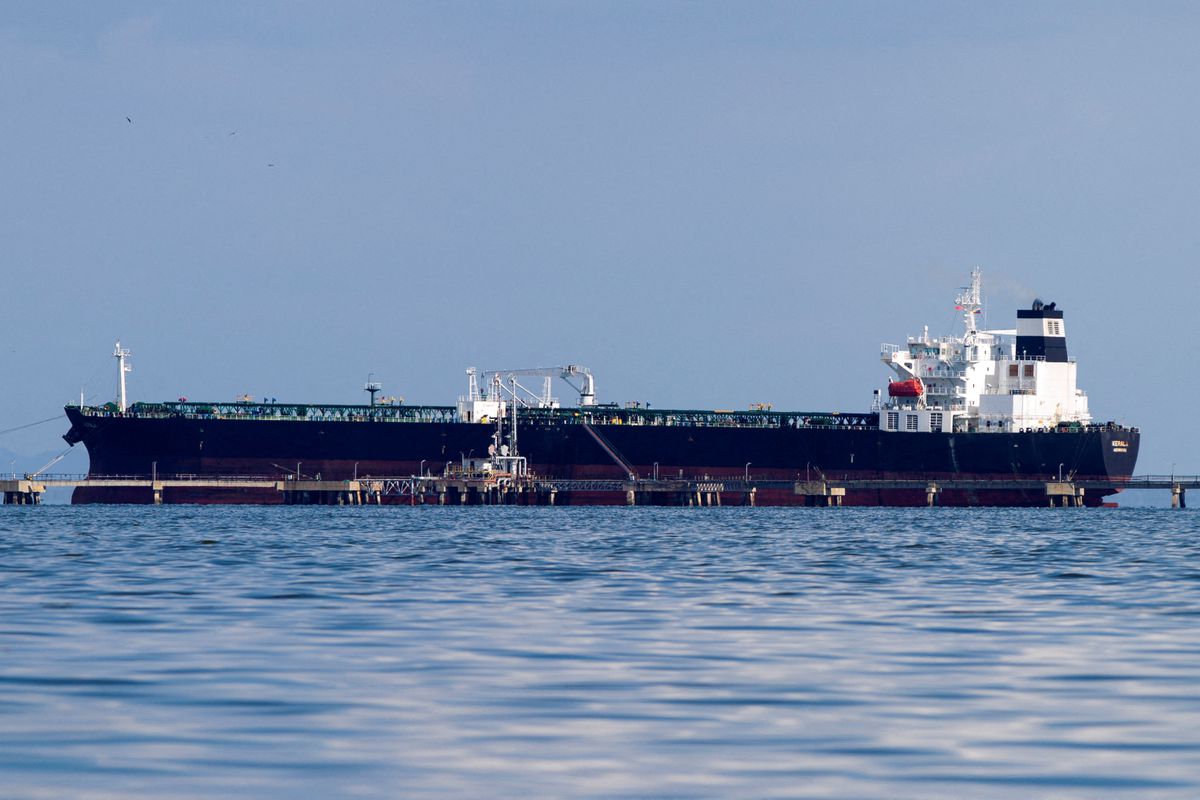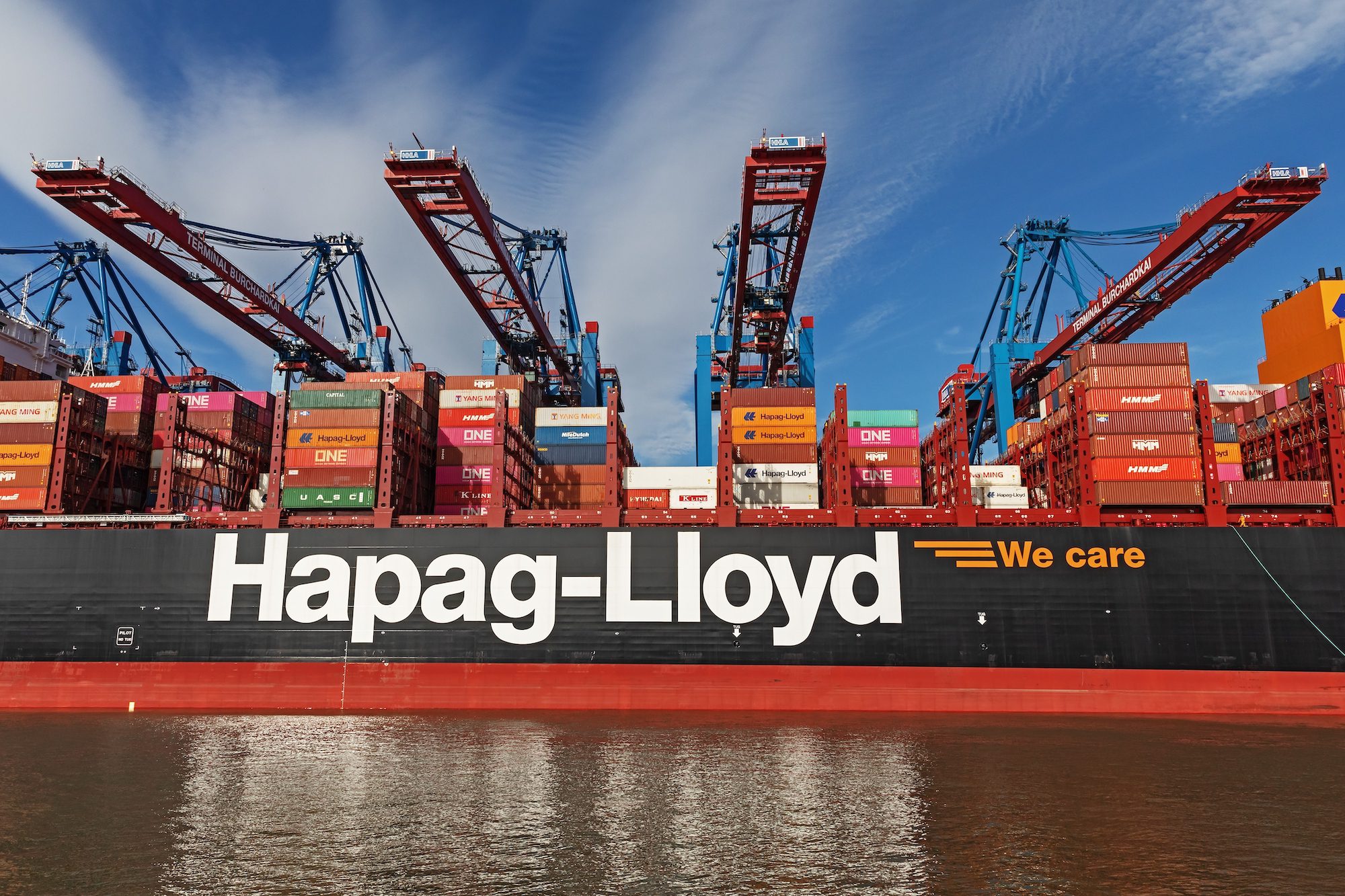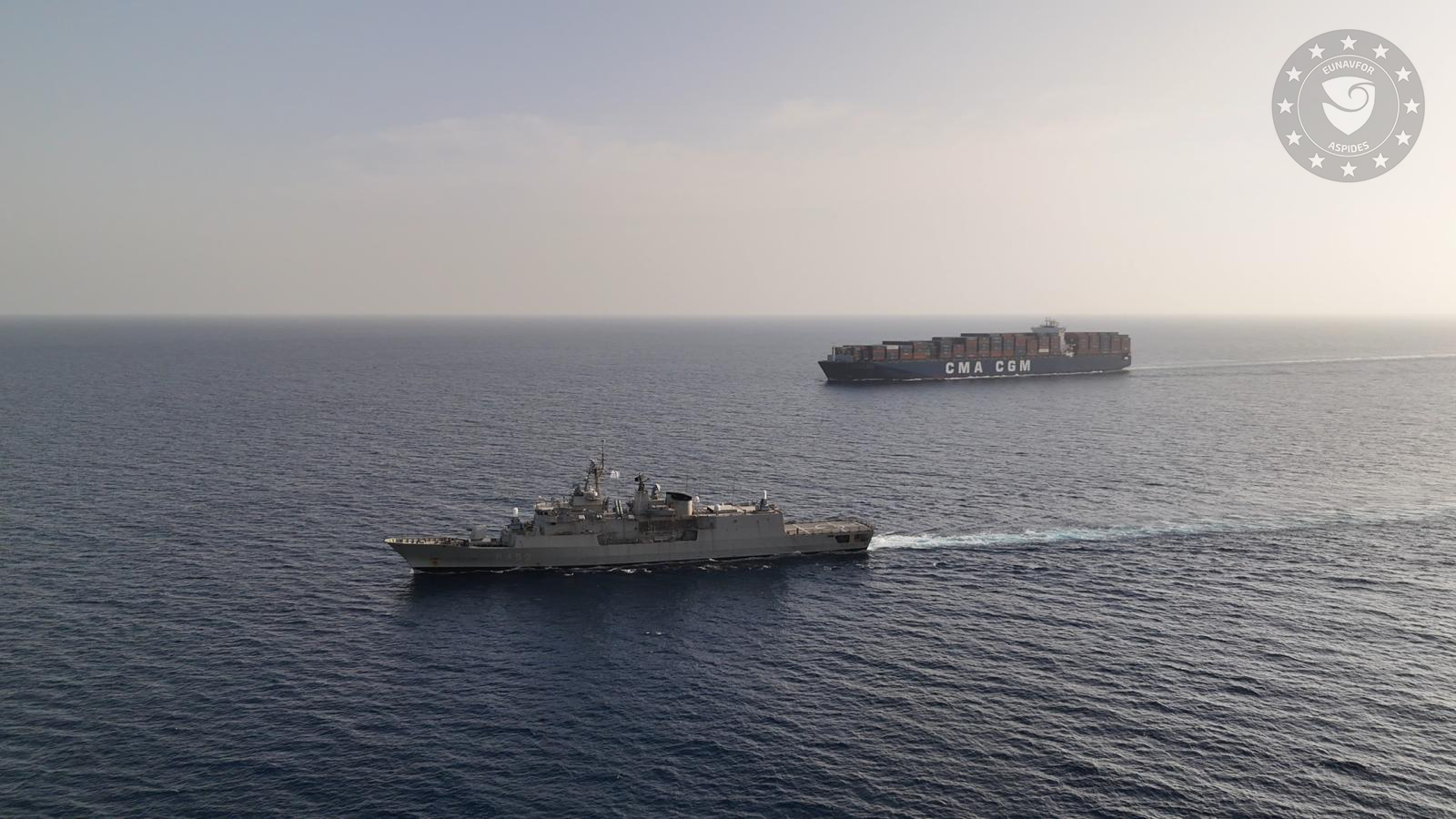By Mike Wackett (The Loadstar) –
Following Hapag-Lloyd’s announcement on Monday of a huge hike in its Asia-Europe FAK rates, CMA CGM has advised its customers of similar increases coming in on 1 November.
From Asia to North European ports CMA CGM’s FAK rates will increase to $1,000 per 20ft and $1,800 per 40ft, including high-cubes and reefers.
This compares with the Hapag-Lloyd hikes to $1,050 and $1,750.
From Asia to West Mediterranean base ports, the French carrier’s FAK rates will increase to $1,400 per 20ft and $2,000 per 40ft, versus Hapag-Lloyd’s increases to $1,475 and $1,950.
However, history tells us that during a downturn, container lines only achieve a modest percentage of FAK increases, a good result being that carriers realise 50% of their ask.
Furthermore, many volume shippers will have already obtained three-month deals from carriers at rates far less than the new FAK prices.
At the time of publication today, The Loadstar had not seen any announcement from Maersk or from the Asia-based carriers, although it is likely that they will follow suit on quantum and timing.
It is a bold move by the two Europe-based carriers to attempt to double current market rates, but heavy voyage losses are no longer sustainable on the tradelane, and the final quarter of the year is predicted to be disastrous, financially.
In fact, the sheer pace of the rates collapse on many tradelanes could oblige publicly listed carriers to downgrade their full-year result outlooks. The speed of the erosion of the Asia-North Europe market has been dramatic, with spot indices losing 10% of their value every week in September.
Meanwhile, the spot market contagion has now spread to the hitherto more robust Asia-Mediterranean market, after carriers piled more of their surplus capacity into the tradelane.
Moreover, the aggressive blanking programmes of carriers failed to have much impact as demand slumped for European exports prior to the Golden Week holiday in China, resulting in de-facto service suspensions.
The lines are battening down their hatches for what some say could become one of the worst slack seasons on record.
On the sidelines of a maritime event in London this week, a carrier contact told The Loadstar she expected a radical shake-up of the Asia-North Europe network.
“There’s talk of a winter schedule that will take some loops out until the demand build-up before Chinese New Year,” she said. “Something’s got to give; our costs have gone through the roof, while rates to North Europe are below pre-pandemic levels.”
Indeed, the unrelenting week-after-week delivery of newbuild 24,000 teu ultra-large container vessels (ULCVs) could not be happening at a more inopportune moment for the liner industry.
And after their sea trials, instead of the pomp and ceremony of maiden voyages, many of the newbuild ULCVs face the ignominy of spending months idle at anchor.
(c) Copyright Thomson Reuters 2023.

 Join The Club
Join The Club











